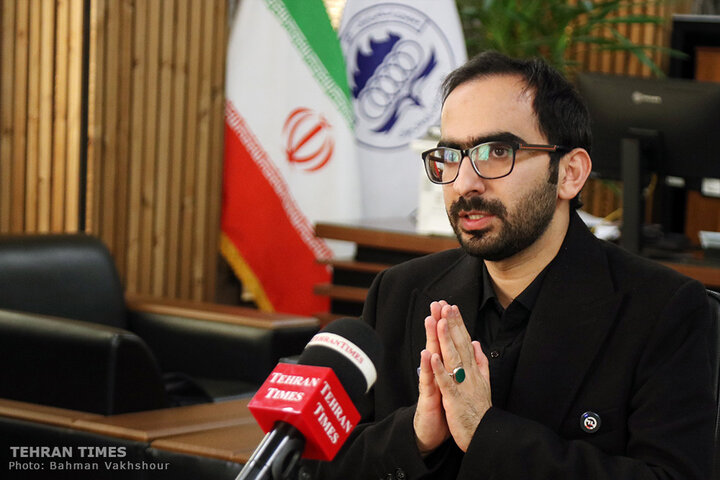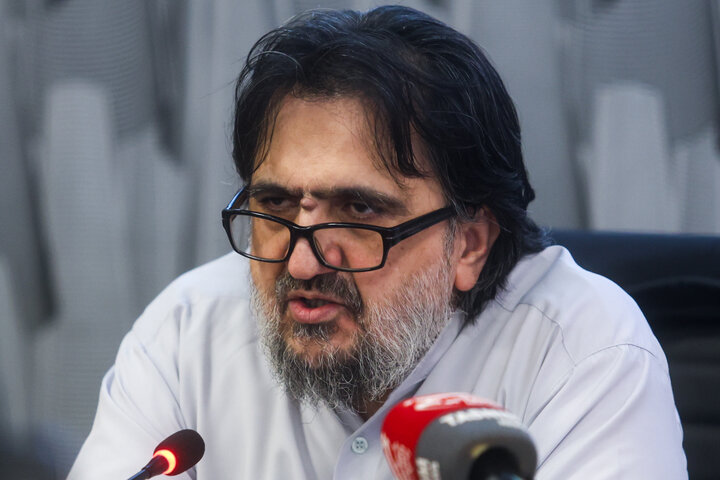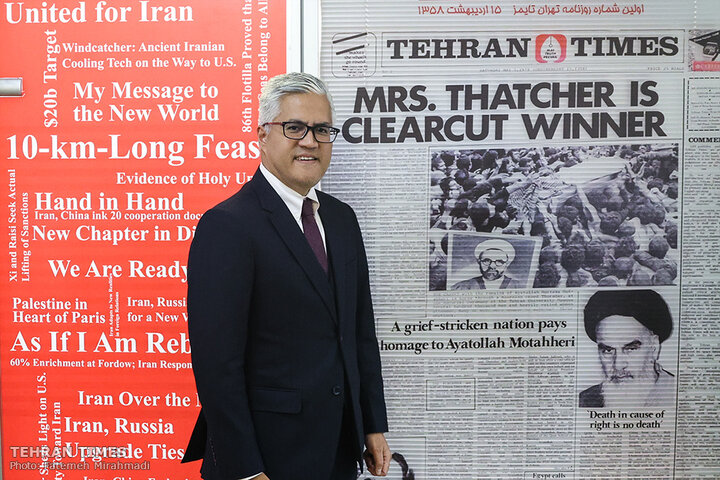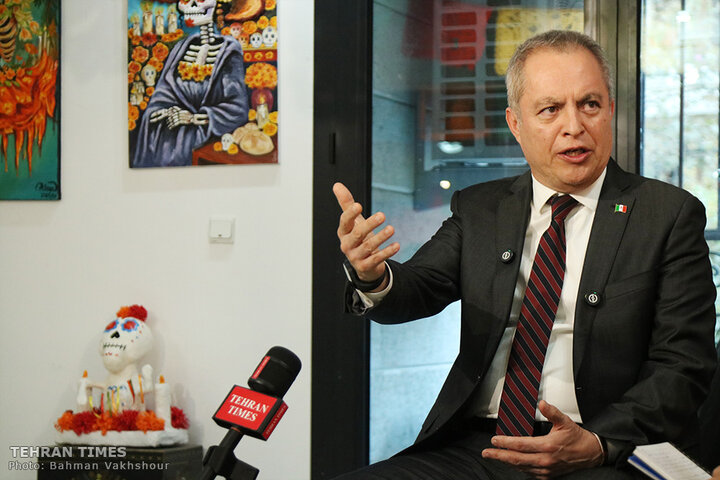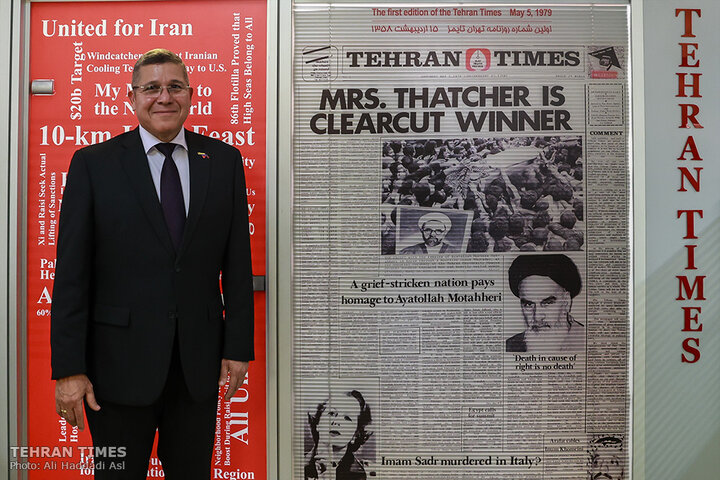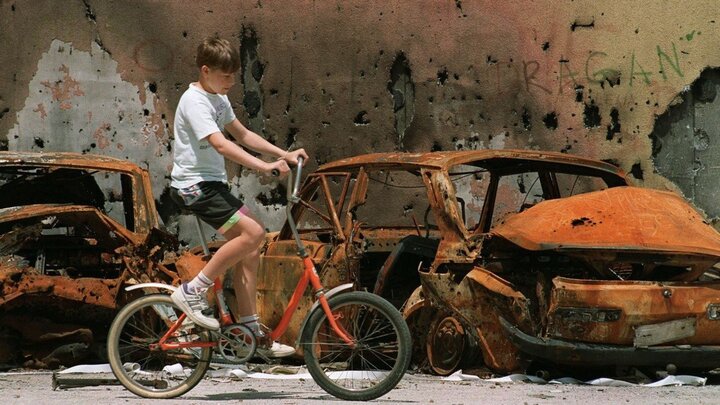-
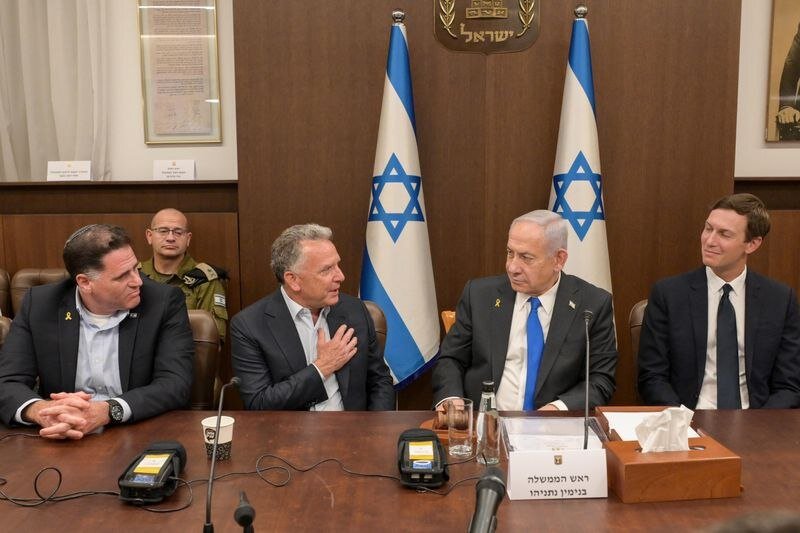 2025-11-25 21:57
2025-11-25 21:57
By staff writer
The protected criminal syndicate
How long can Israel evade international scrutiny with Western support?
TEHRAN – The Thirtieth Session of the Conference of the States Parties to the Chemical Weapons Convention (CSP30), which opened on February 24, is meant to symbolize international cooperation against the scourge of chemical weapons. Delegates gather to reaffirm collective responsibility, transparency, and the shared determination to prevent the horrors of WMD use.
-
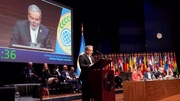
Israel’s non-adherence to CWC threatens regional stability: FM Araghchi
TEHRAN – Iranian Foreign Minister Abbas Araghchi on Tuesday condemned Israel for remaining outside chemical weapons disarmament treaties, calling it the main obstacle to regional stability.
-
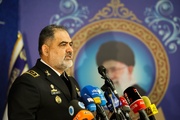
Iranian Navy to unveil new equipment in coming days: Navy commander
TEHRAN – The commander of the Naval Force of the Iranian Army says new equipment will be unveiled and join the Army’s naval fleet in the coming days.
-

Serbia’s MFA rejects 'fabricated narratives' of ‘human safaris’ in Sarajevo siege
Serbia’s Ministry of Foreign Affairs issued a statement on November 20, rejecting recent foreign media reports alleging President Aleksandar Vucic’s involvement in wartime events in Bosnia. The ministry described the claims, including references to “human safaris” during the Sarajevo siege, as unfounded and stressed that no tribunal has ever linked Vucic to war crimes. The following is the full statement as published by the ministry:
-
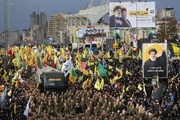
By Sondoss Al Asaad
Hezbollah’s shadow war: Reshaping the battlefield before the fight
SOUTH LEBANON—Hezbollah has never fought from a position of conventional parity. It has always confronted an enemy with overwhelming technological capacity, vast intelligence resources, and near-limitless Western backing. Yet history established a stubborn truth: despite asymmetry, the Zionist enemy failed repeatedly to convert its intelligence superiority into decisive victory or reoccupation.
-
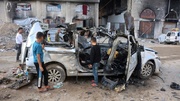
By Wesam Bahrani
Gaza strangled despite “truce deal”
TEHRAN – Despite Trump’s much?touted Gaza truce announced on October 10, Israel continues to restrict essential lifelines for Palestinians in Gaza. The occupying Israeli regime’s continued airstrikes, bombardment, and tightening blockade are deepening a humanitarian collapse across the Gaza Strip, where survival is becoming increasingly untenable despite the declared truce.
Politics
-

Press TV launches Hebrew-language service
TEHRAN – Iran’s Press TV has officially launched its Hebrew-language service to reach a wider audience worldwide.
-
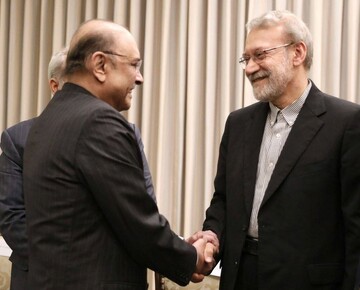
Pakistan pledges diplomatic backing for Iran during top security official’s visit to Islamabad
TEHRAN – Pakistan’s President Asif Ali Zardari, in a meeting with Ali Larijani, Secretary of Iran’s Supreme National Security Council, reaffirmed his country’s solidarity with the Islamic Republic of Iran against the aggression of the Israeli regime.
-
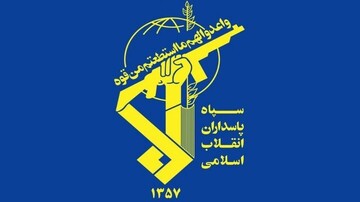
IRGC forces bust terror group in southeast Iran
TEHRAN – Iran’s Islamic Revolution Guards Corps (IRGC) says it has dismantled a terrorist team in the southeastern Iranian province of Sistan and Baluchestan.
Sports
-
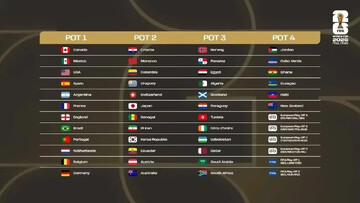
Iran in Pot 2 for 2026 FIFA World Cup draw
TEHRAN – Iran national football team are places in Pot 2 of the 2026 FIFA World Cup draw.
-

Sepahan defeat Al Hussain in AFC Champions League Two 2025/26
TEHRAN - Sepahan scored late to defeat Al Hussein 2-0 in their AFC Champions League Two 2025/26 Group C tie on Tuesday.
-
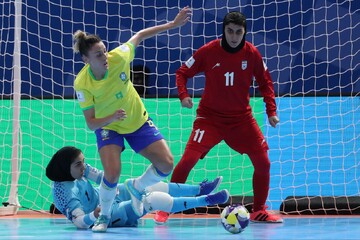
Iran determined to rebound against Panama
TEHRAN - Iran were dealt a tough opening defeat as they fell 4-1 to Brazil in the 2025 FIFA Futsal Women’s World Cup, and they want to beat Panama to keep their hopes alive.
Culture
-
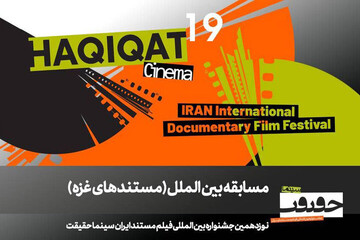
19th Cinema Verite reveals line-up for Gaza Competition section
TEHRAN – The 19th Iran International Documentary Film Festival “Cinema Verite” has announced the line-up for the Gaza Competition section.
-
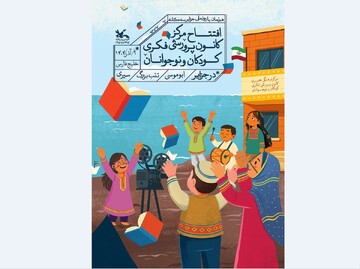
New cultural facilities to open on Iran’s strategic islands, enhancing youth engagement
TEHRAN- Two new cultural and artistic centers along with a cinema hall of Iran's Institute for Intellectual Development of Children and Young Adults – Kanoon are set to open simultaneously on November 30, coinciding with the Persian Gulf Trio Islands National Day.
-

Iranian short film “Sheep” wins at Asian World Film Festival
TEHRAN – Iranian short film “Sheep,” written, directed, and produced by Hadi Babaeifar, won a prize at the 11th annual Asian World Film Festival (AWFF), which was held in California, the U.S.
Economy
-

Iranian minister leaves Tehran for Istanbul to attend ECO ministerial meeting
TEHRAN- Iran’s minister of industry, mining, and trade traveled to Turkey to participate in the meeting of ministers from member countries of the Economic Cooperation Organization (ECO), which is being held at the ministerial level for the first time in 20 years.
-

Iran produces 12.7m tons of steel products in 7 months
TEHRAN- Iran produced 12.708 million tons of steel products in the first seven months of the current Iranian calendar year (September 23-October 22), Iranian Steel Producers Association (ISPA) announced.
-

Free zones; an important advantage for attracting investors: ICCIMA head
TEHRAN- The head of the Iran Chamber of Commerce, Industries, Mines, and Agriculture (ICCIMA) considered free zones as the best platform for an investment leap and emphasized that these zones are an important advantage for attracting investors.
Society
-
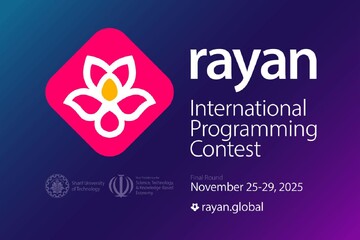
25 countries attending Rayan intl. AI, programming contest
TEHRAN – Some 100 participants from 25 countries are participating in the final stage of the Rayan international artificial intelligence (AI) and programming contest, titled World Finals, which is being held on-site in Tehran from November 25 to 29.
-
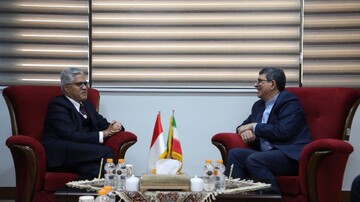
Tehran, Jakarta to foster scientific cooperation
TEHRAN – The head of the Ministry of Science, Research and Technology’s center for international scientific cooperation, Farhad Yazdandoost, and the Indonesian Ambassador to Iran, Roliansyah Sumirat, have discussed ways to enhance research, educational, and cultural collaborations between Iran and Indonesia.
-
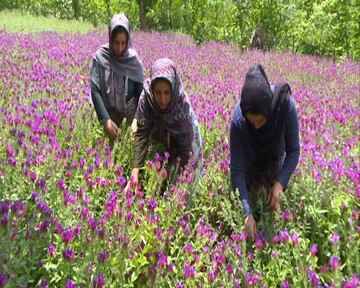
MP underscores conservation of native, endemic plant species
TEHRAN – The head of the Iranian parliament’s environment fraction, Somayeh Rafiei, has underlined paying special attention to endemic and native plant species and implementing plant diversity conservation projects in the country.
Tourism
-
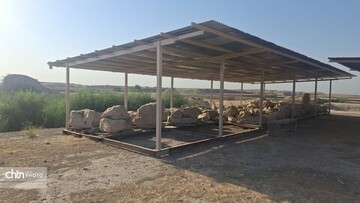
UNESCO-listed Susa completes protection work on 253 Apadana Palace remains
TEHRAN – Conservation teams in the UNESCO-registered Susa have completed a project to safeguard and protect 253 architectural remains from the Achaemenid-era Apadana Palace, the head of the Susa World Heritage base said on Tuesday.
-
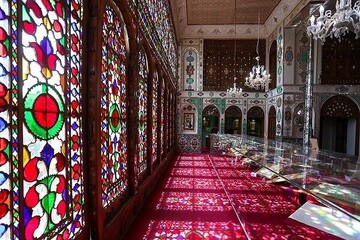
National Museum to host conference on human living spaces
TEHRAN – The National Museum of Iran is scheduled to hold a national conference on human living spaces on Feb. 15, 2026.
-
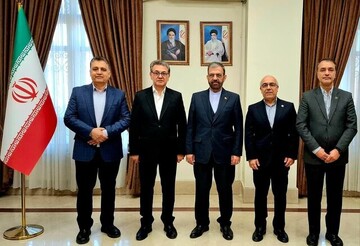
Iranian ambassador emphasizes promoting medical tourism with Tajikistan
TEHRAN--Iranian Ambassador to Tajikistan Alireza Haqiqian emphasized the need to design a sustainable framework for joint cooperation and the development of medical tourism with Tajikistan.
International
-

The protected criminal syndicate
TEHRAN – The Thirtieth Session of the Conference of the States Parties to the Chemical Weapons Convention (CSP30), which opened on February 24, is meant to symbolize international cooperation against the scourge of chemical weapons. Delegates gather to reaffirm collective responsibility, transparency, and the shared determination to prevent the horrors of WMD use.
-
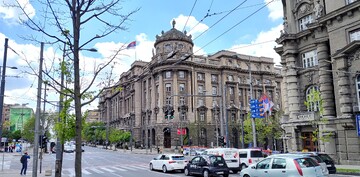
Serbia’s MFA rejects 'fabricated narratives' of ‘human safaris’ in Sarajevo siege
Serbia’s Ministry of Foreign Affairs issued a statement on November 20, rejecting recent foreign media reports alleging President Aleksandar Vucic’s involvement in wartime events in Bosnia. The ministry described the claims, including references to “human safaris” during the Sarajevo siege, as unfounded and stressed that no tribunal has ever linked Vucic to war crimes. The following is the full statement as published by the ministry:
-

Hezbollah’s shadow war: Reshaping the battlefield before the fight
SOUTH LEBANON—Hezbollah has never fought from a position of conventional parity. It has always confronted an enemy with overwhelming technological capacity, vast intelligence resources, and near-limitless Western backing. Yet history established a stubborn truth: despite asymmetry, the Zionist enemy failed repeatedly to convert its intelligence superiority into decisive victory or reoccupation.
Video Comment
-

Academics analyze social dimensions of Resistance in Tehran conference
-
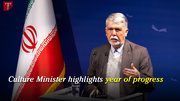
Culture minister highlights year of progress in arts, global image enhancement
-
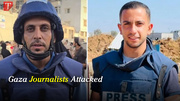
Gazan Journalists attacked by Israel
-
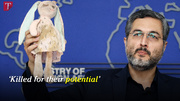
Brother of Iranian scientist murdered in Israeli strike speaks out
-
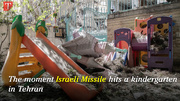
Footage shows Israel hit a kindergarten in Tehran
Most Viewed
-
Iran says no option but to ‘confront’ Israel after attack on Beirut
-
Iran, Pakistan move to fast-track free trade agreement
-
Truce as trap
-
As US looks to limit Iran’s missile program, commander assures industry 'unshakable'
-
Iran in Pot 2 for 2026 FIFA World Cup draw
-
The real Iran vs. the Iran of Western imagination
-
Neighbors continue high-level exchanges as Larijani heads to ‘brotherly’ Pakistan
-
X tool reveals Israeli infiltration of U.S. digital infrastructure
-
Who was Martyr Haitham Al-Tabtabai?
-
Iran’s foreign minister to hold talks in Paris on Wednesday
-
Four in five affluent dual-passport holders and most young secular Jews want to leave Israel
-
Football matches in Tehran cancelled due to air pollution
-
Is Iran truly the only file on Lebanese foreign minister’s desk?
-
Araghchi meets dignitaries in Oman ahead of Muscat Forum
-
Iran discusses expanding ties with Tajikistan, Pakistan in ICT sector
